The legacy of anarchist ideas in the Philippines was first brought to the attention of a global audience by Benedict Anderson’s book Under Three Flags: Anarchism and the Anti-Colonial Imagination. Activist-author Bas Umali proves with stunning evidence that these ideas are still alive in a country that he would like to see replaced by an “archepelagic confederation.”
Pangayaw and Decolonizing Resistance: Anarchism in the Philippines is the first-ever book specifically about anarchism in the Philippines. Pangayaw refers to indigenous ways of maritime warfare. Bas Umali expertly ties traditional forms of communal life in the archipelago that makes up the Philippine state together with modern-day expressions of antiauthoritarian politics. Umali’s essays are deliciously provocative, not just for apologists of the current system, but also for radicals in the Global North who often forget that their political models do not necessarily fit the realities of postcolonial countries.
In weaving together independent research and experiences from grassroots organizing, Umali sketches a way for resistance in the Global South that does not rely on Marxist determinism and Maoist people’s armies but the self-empowerment of the masses. His book addresses the crucial questions of liberation: who are the agents and what are the means?
More than a sterile case study, Pangayaw and Decolonizing Resistance is the start of a new paradigm and a must-read for those interested in decolonization, anarchism, and social movements of the Global South.
Praise:
“Isabelo de los Reyes and Mariano Ponce: good men now mostly forgotten even in the Philippines, but crucial nodes in the infinitely complex intercontinental networks that characterize the Age of Early Globalization.”
—Benedict Anderson, author of Under Three Flags: Anarchism and the Anti-Colonial Imagination
“For these anarchists, while they may come from different interest groups, they all form the same basic principles of ‘true’ anarchism: that anarchism values the capacity of the individual to organize itself; that anarchism sees the role of the individual as a tool that contributes to a larger community; that anarchism is about mutual aid, directly helping any soul in need; and that anarchism is about the belief that humans are wired to pursue the common good, regardless of an authority figure.”
—Portia Ladrido, CNN Philippines
“What impressed me most about Bas Umali’s essay on the ‘Archipelagic Confederation’ is that, in setting forth an anarchist alternative for the Philippines, Bas Umali created an original synthesis of the communitarian anarchism of people like Murray Bookchin and traditional communal forms of organization in the Philippines, pioneering the development of a postcolonialist anarchism, building on the lived and shared experiences of the dispossessed. A collection of his writings was long overdue.”
—Robert Graham, editor of Anarchism: A Documentary History of Libertarian Ideas
“Bas Umali gives us an in-depth explanation of the decentralized struggle for autonomy in the Philippines. He offers not just a reconstruction of the history, but also an example of what anarchists can do for building alternative political structures. ‘Archipelago’ is fertile.”
—Keisuke Narita, Irregular Rhythm Asylum, Tokyo
“The important work of assembling the vocabulary of libertarian socialism, the regional history of failed Maoism, the persistence of indigenous anti-colonial action, and the future potential for a decentralized federation of citizen councils in the Philippines is masterfully done by Bas Umali. This book belongs in every Southeast Asian anti-capitalist toolkit.”
—Mark Mason, US domestic and foreign policy analyst
About the Contributors:
Bas Umali is a longtime organizer living in Metro Manila. He has been involved with digital and physical infoshops, mobile education initiatives, climate crises campaigns, natural disaster relief programs, and bringing solar technology to marginalized communities. Bas has worked for an NGO concerned with rainforest rehabilitation and driven Grab and Uber vehicles. Today, he provides technical assistance to marginalized fisherfolk and dreams of settling in the countryside with his family.
Gabriel Kuhn is an author, translator, and union activist. He has published widely in English and German. His texts have been translated into more than a dozen languages.
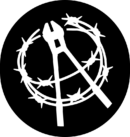
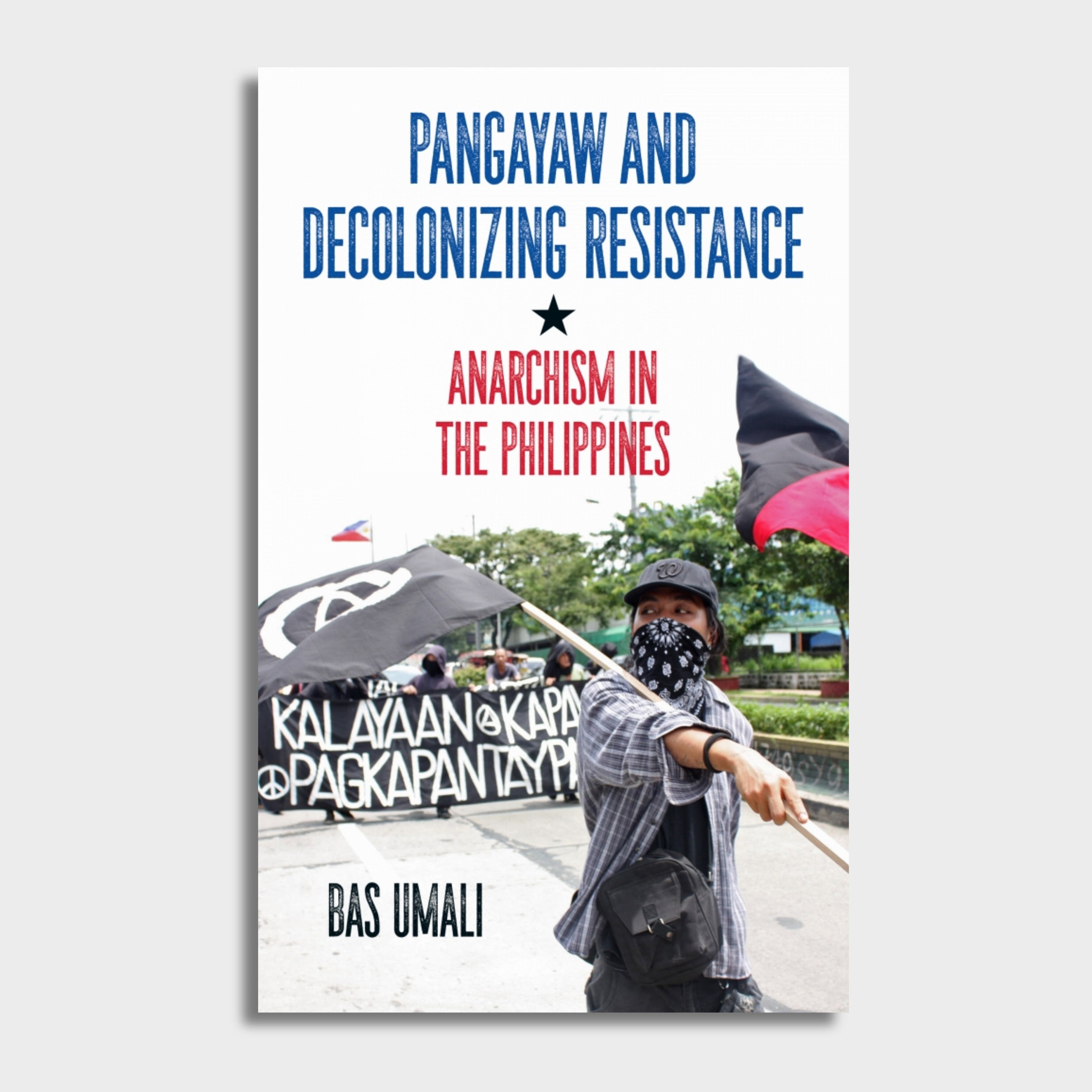
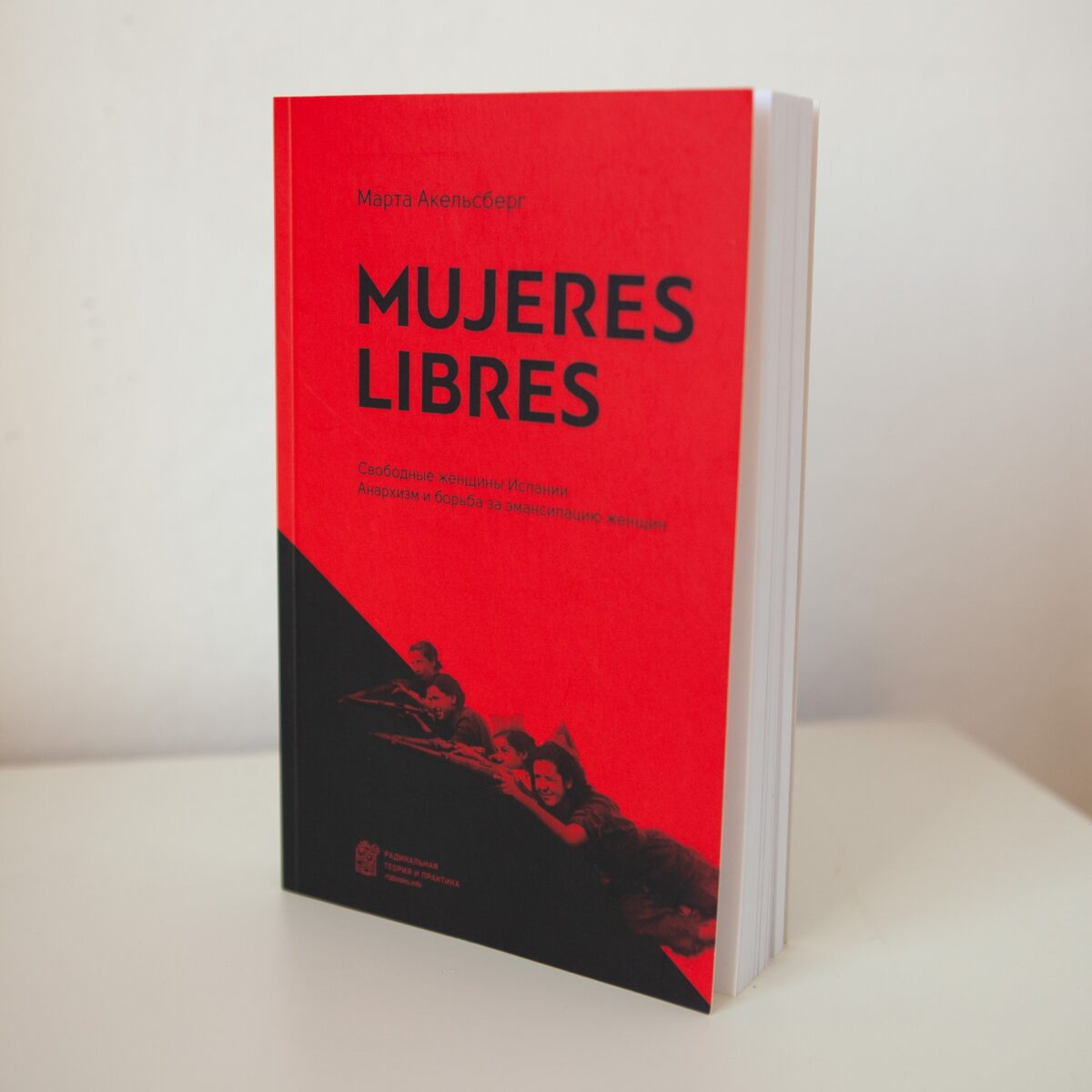
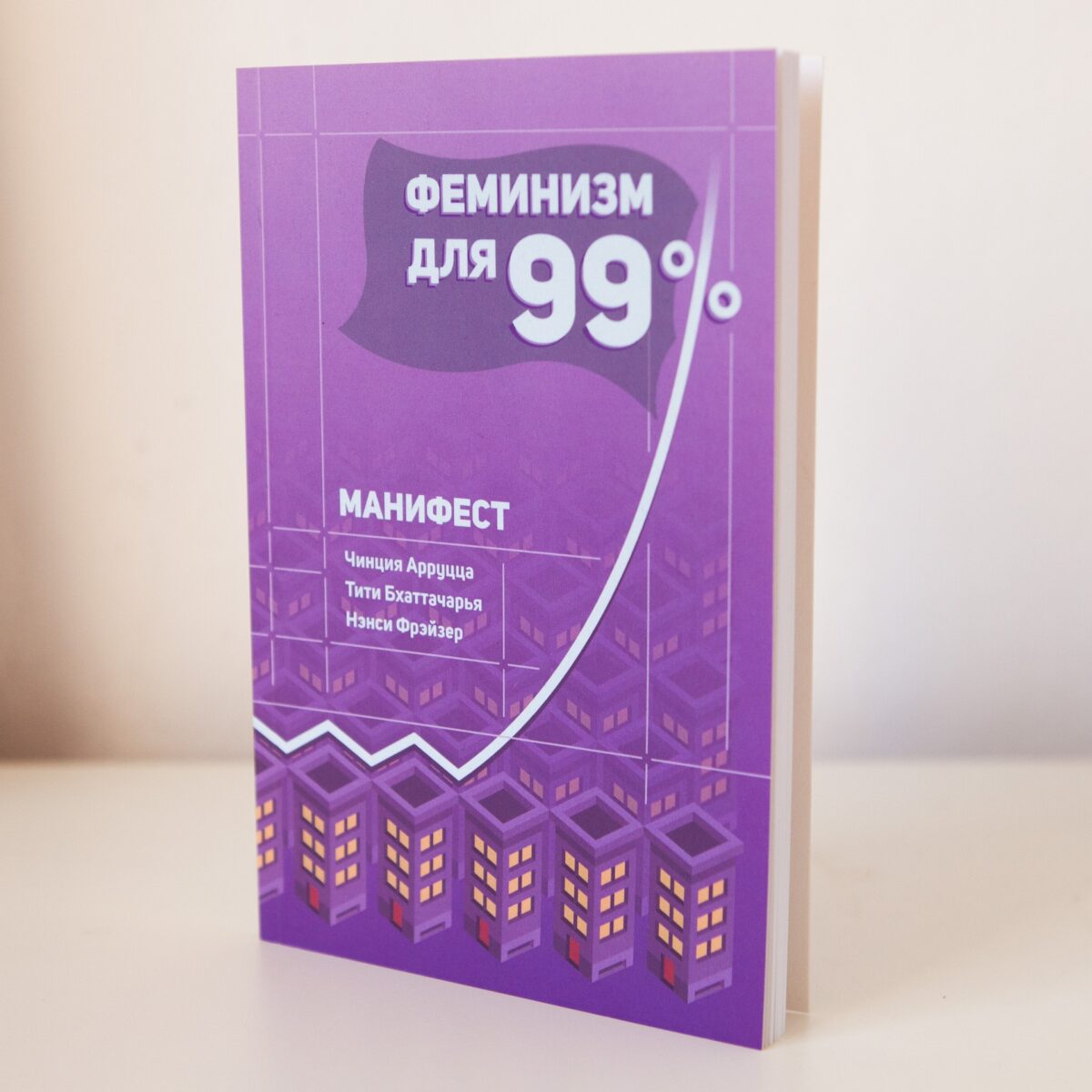
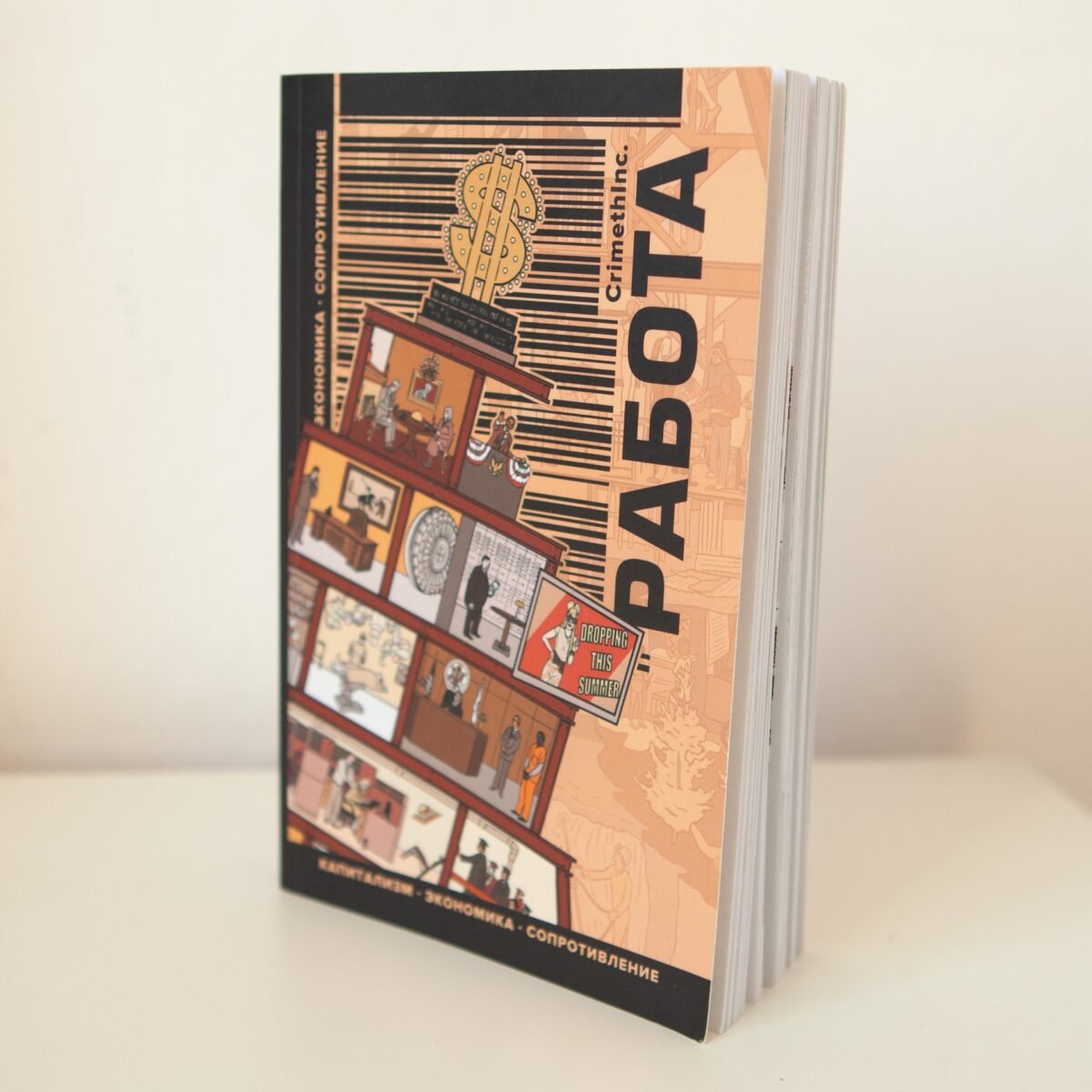
Отзывы
Отзывов пока нет.